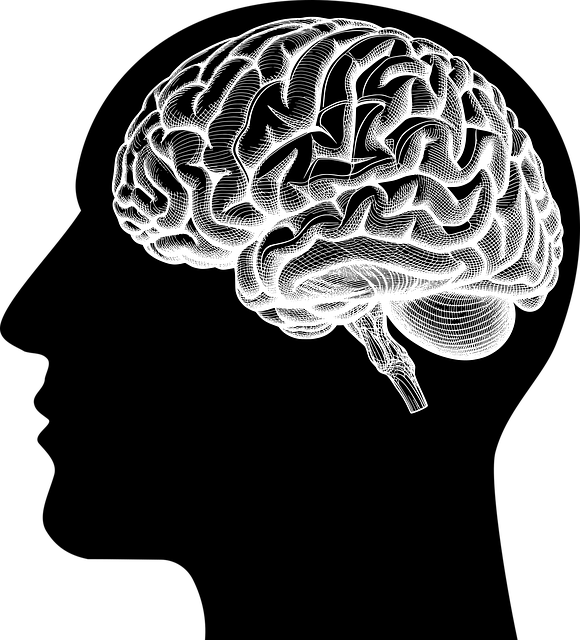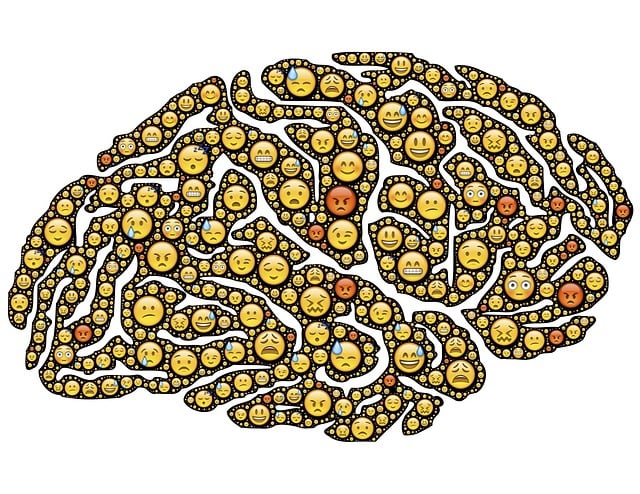Elderly Russian-speaking trauma survivors face challenges accessing traditional support due to language and cultural barriers. Specialized care addressing age-related cognitive changes and cultural differences in emotional expression is crucial. Public awareness campaigns, community outreach, and therapists offering therapy in Russian languages are vital for effective support. Innovative technology like translators and online video conferencing enhance accessibility for remote or mobile elders. Building trust through safe, non-judgmental environments and specialized training fosters participation in tailored coaching programs for stress reduction. Personalized approaches cater to unique needs of this demographic, ensuring effective therapy for Russian-speaking elders.
“Trauma support services for elderly Russian speakers present unique challenges, reflecting cultural nuances and historical experiences. This article delves into the specific needs of this vulnerable population, emphasizing the critical role of cultural sensitivity in effective care. We explore accessible therapy options, including traditional face-to-face sessions and online platforms tailored to their linguistic and cultural preferences. Furthermore, we discuss strategies to build trust and overcome barriers, ensuring that Russian-speaking elders receive quality trauma treatment.”
- Understanding the Unique Needs of Elderly Russian Speakers Post-Trauma
- The Role of Cultural Sensitivity in Trauma Support Services
- Accessible Therapy Options for Russian-Speaking Elders: Face-to-Face and Online Approaches
- Building Trust and Overcoming Barriers to Effective Trauma Treatment for This Community
Understanding the Unique Needs of Elderly Russian Speakers Post-Trauma

Many elderly Russian speakers who have experienced trauma may face unique challenges when accessing traditional support services due to language and cultural barriers. These individuals often require specialized care that considers their specific needs, including age-related cognitive changes and potential cultural differences in expressing and understanding emotions. Effective trauma support for this demographic demands a nuanced approach.
The development of public awareness campaigns and community outreach programs can play a vital role in reaching and assisting elderly Russian speakers. By incorporating tailored resources and information in both the local language and culture, these initiatives enhance resilience-building among affected individuals. Through such programs, they can learn about available therapy options for elders speaking Russian, ensuring that their unique post-trauma needs are met with sensitivity and effectiveness.
The Role of Cultural Sensitivity in Trauma Support Services

In providing trauma support services, cultural sensitivity is paramount, especially when catering to vulnerable populations such as elderly Russian-speaking individuals. Language barriers and cultural differences can significantly impact access to care and treatment outcomes. Therefore, therapists and mental health professionals must be equipped to offer therapy in languages like Russian, ensuring effective communication and building trust with clients from diverse backgrounds. This cultural sensitivity involves understanding the unique experiences and challenges faced by these elders, including intergenerational trauma, acculturation issues, and potential stigma associated with seeking mental health support within their communities.
By incorporating tailored approaches, such as offering therapy sessions in Russian or using interpreters, risk assessment for mental health professionals can be enhanced. This ensures that elders receive the necessary anxiety relief and develop coping mechanisms to manage trauma-related symptoms. Moreover, integrating mindfulness meditation techniques, which have shown effectiveness in treating various forms of trauma, can provide these individuals with valuable tools to navigate their emotional landscapes.
Accessible Therapy Options for Russian-Speaking Elders: Face-to-Face and Online Approaches

Accessing appropriate therapy options can be a significant challenge for Russian-speaking elders due to language barriers and cultural nuances. However, modern technology offers innovative solutions, ensuring these individuals receive the necessary support. Face-to-face therapy sessions with qualified translators can create an accessible environment, fostering open communication. This traditional approach allows for nuanced understanding, especially when addressing complex trauma.
Online platforms provide another avenue, where Russian-speaking elders can connect with therapists through video conferencing. This method is particularly beneficial for those with limited mobility or living in remote areas. It also offers a sense of anonymity and flexibility, encouraging clients to engage in therapy consistently. With effective risk management planning and regular stress management techniques, mental health professionals can ensure these online sessions are safe and beneficial, catering specifically to the unique needs of Russian-speaking elders.
Building Trust and Overcoming Barriers to Effective Trauma Treatment for This Community

Building trust is a cornerstone when offering trauma support to Russian-speaking elders in our community. Many face unique barriers that can impede their journey towards healing. Cultural and linguistic differences, especially for those who are new to the country, can create feelings of isolation and make it challenging to access services. Overcoming these obstacles requires tailored approaches and dedicated professionals who understand and appreciate their cultural backgrounds.
Effective trauma treatment involves creating a safe and non-judgmental space where elders feel comfortable sharing their experiences. Encouraging open dialogue through mental wellness journaling exercises or guidance can help them process traumatic memories. Moreover, providing multilingual resources and staff with specialized training in cultural sensitivity fosters an environment of trust, enabling participants to explore their mental wellness with support and participate actively in coaching programs designed for stress reduction methods tailored to their needs.
The provision of trauma support services for elderly Russian speakers is a critical aspect of ensuring their well-being, especially given the unique cultural and linguistic barriers they face. By understanding their specific needs and incorporating cultural sensitivity, we can enhance accessibility to therapy through both traditional face-to-face sessions and online platforms. Building trust and overcoming these barriers are essential steps towards effective trauma treatment within this community, ultimately allowing for a more inclusive and supportive environment for Russian-speaking elders to heal.














